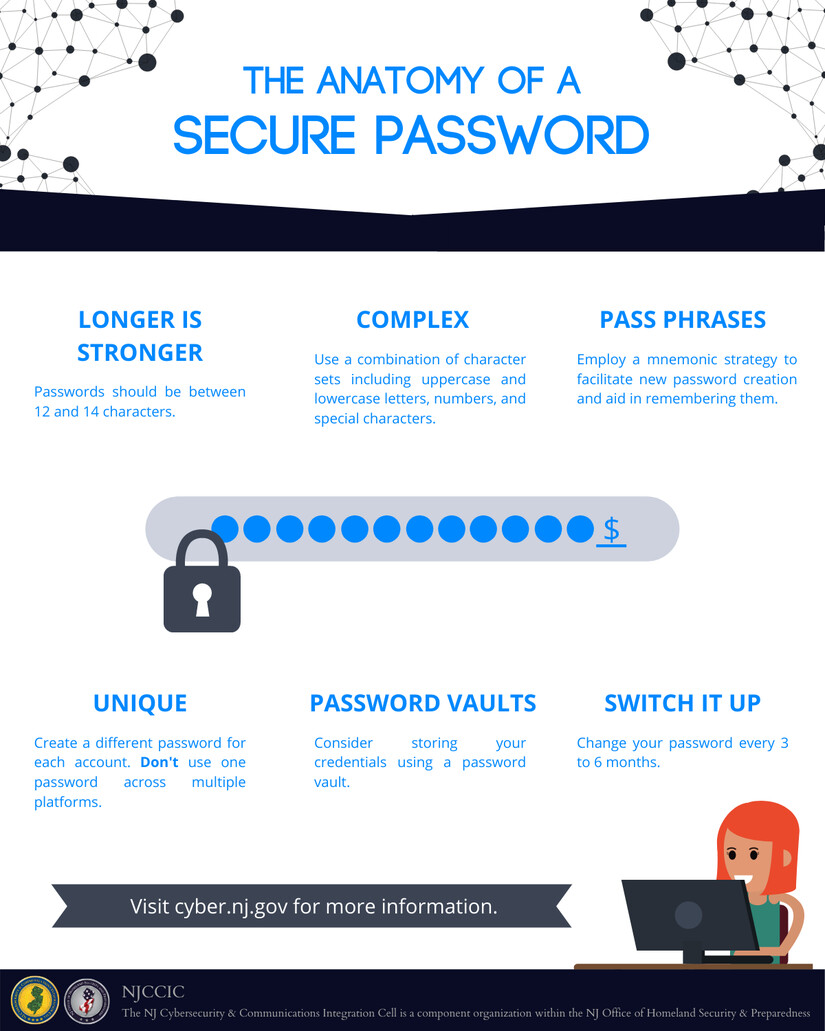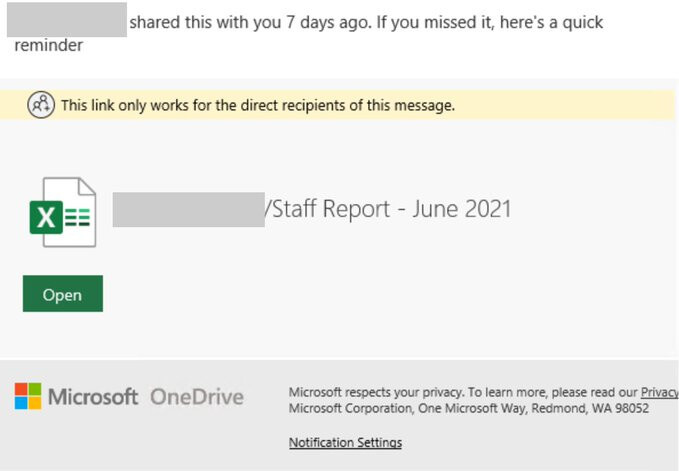Image


Scammers are always finding new ways to trick people, and one of the latest schemes—called callback phishing—is making its way into inboxes right here in New Jersey. Also known as Telephone-Oriented Attack Delivery (TOAD), this scam is especially dangerous because it looks more convincing than the usual “phishy” emails.
Here’s how it works: instead of asking you to click on a suspicious link, the scammer sends what looks like a legitimate email—maybe from PayPal, McAfee, or a government agency. The email often includes a fake invoice or a warning about a “suspicious charge.” Instead of a link, it lists a phone number and urges you to call customer support.
Report a Cybersecurity Incident | NJCCIC
They also offer FREE presentations to community groups, organizations, and businesses that want to learn more about cyber security: Outreach Presentations | NJCCIC
Instead of a link, it lists a phone number and urges you to call customer support.
That’s where the real trouble begins. Once you call, the person on the other end poses as a friendly support agent. Their goal is to pressure you into:
Sharing personal or financial information to access your accounts.
Downloading harmful software, granting them remote access to your computer or device
Some victims have even had their phone or computer “blacked out” so the scammer can steal data in the background without them noticing.
Scams may not stop with just one call either - Scammers will keep calling you—or even your family and friends—trying to pressure someone into sharing information. They will even be nt or threatening, but it’s important to remember: these calls are part of the scam.
Why is this scam so tricky?
The emails look legitimate and often slip past spam filters.
A phone call feels more personal and urgent, which lowers your guard.
Some links or websites in the email may be fake duplicates of real company or government sites—clicking them can put you at risk.

Tips to Stay Safe and Protect Yourself from Scams - If you think you've been targeted by a scam, you can get assistance from:
Remember, it's okay to be cautious and take your time. Scammers often try to create a sense of urgency to trick you into acting quickly. By staying informed and vigilant, you can protect yourself from these scams.
Don't Call Unknown Numbers: If you receive an unexpected email with a phone number, don't call it. Instead, go directly to the company's official website to find their contact information.
Be Cautious of Look-Alike Websites: Some scammers create fake websites that look like real company or government sites. Always check the website's URL carefully to ensure it's legitimate.
Use Technology to Help: Consider setting up call blockers or using call screening features on your phone to reduce unwanted calls. Some phone providers offer services that can help filter out scam calls.
Talk to Trusted Contacts: If you're unsure about a call or email, talk to a family member, friend, or trusted neighbor before taking any action.
From the NJCCIC website, showing a scam message:
